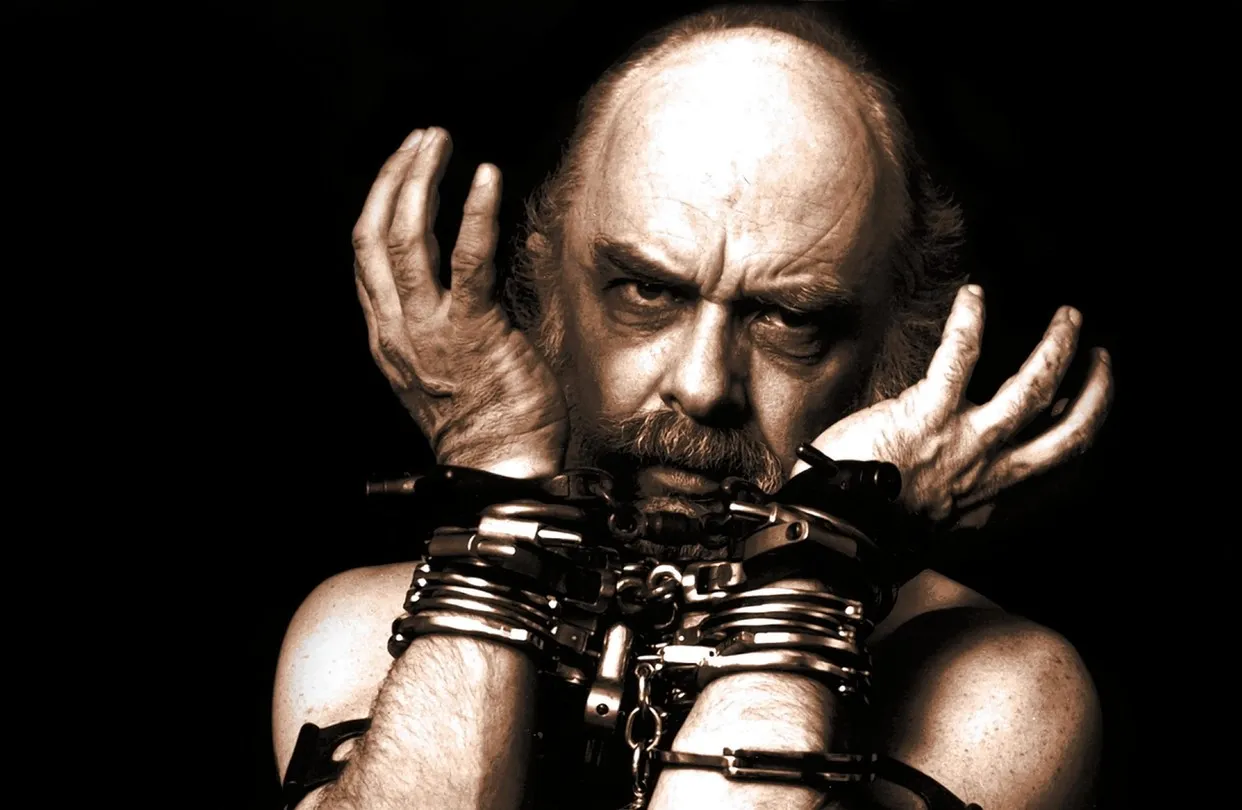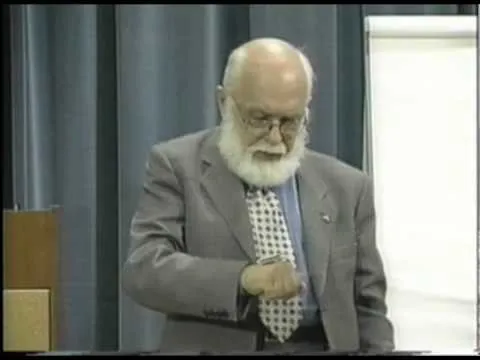
For those of you who aren't familiar with James Randi, he's a 91 year-old conjuror (most of us would call him a magician) who has spent the last several decades discrediting claims of paranormal abilities, psychics, telekinesis and so-on. His educational foundation has offered a million dollar prize for anybody who could demonstrate those abilities in a controlled setting for longer than I've been alive. Nobody has taken the prize.
At one point, he got a call from a PhD physicist who told him that he was about to pay out the million dollars.
Randi came by to see what they were seeing. The subject demonstrated telekinetic ability by placing a matchbox on the back of his hand and moving it up and down without any further physical contact.
The physicists bought forty different matchbooks, mixed them up, inspected all of them, bombarded them with x-rays and lasers, confirmed that the matchboxes weren't tampered with. The subject was still able to move the boxes.
Randi recreated the trick in a minute. It's a trick from a fifty year-old book on simple magic tricks for children.
Basically, all you've gotta do is press the back of the matchbook into the skin on the back of your hand and clench you fist.
So, if a trick from a magic book for kids can fool a team of PhDs, what can fool you? How can you fool yourself?
P. T. Barnum was correct that people want to be fooled. It doesn't matter how smart you are. It doesn't matter what your expertise happens to be. We're all susceptible to deception and self-deception.
